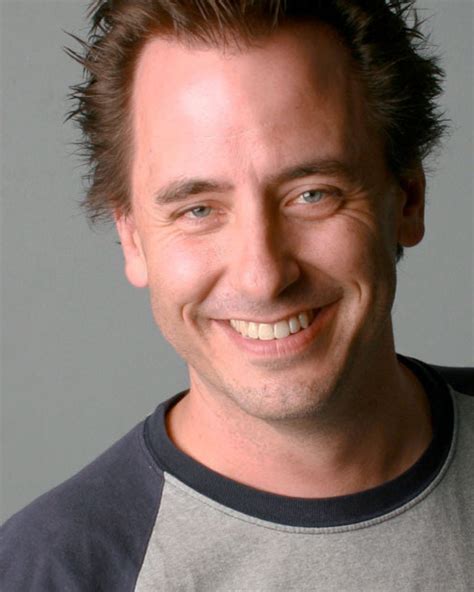A Quote by Tom Robbins
Related Quotes
Style is a very simple matter; it is all rhythm. Once you get that, you can't use the wrong words. But on the other hand here am I sitting after half the morning, crammed with ideas, and visions, and so on, and can't dislodge them, for lack of the right rhythm. Now this is very profound, what rhythm is, and goes far deeper than any words. A sight, an emotion, creates this wave in the mind, long before it makes words to fit it.
Whether I'm performing or directing, I'm aways thinking about rhythm; sometimes it's nailing the right rhythm, and sometimes it's intentionally breaking the rhythm. Those two things are what make something funny or not. How long a shot is and where you put the camera are all part of that rhythm of directing.
There's the internal rhythm within a sequence, and then there's the rhythm between the sequences, and that's extremely important in constructing the narrative. For example, you don't put two big dramatic scenes right next to each other. But you can use the rhythm of the transition shots; they can often serve a double purpose.
Writing is.... being able to take something whole and fiercely alive that exists inside you in some unknowable combination of thought, feeling, physicality, and spirit, and to then store it like a genie in tense, tiny black symbols on a calm white page. If the wrong reader comes across the words, they will remain just words. But for the right readers, your vision blooms off the page and is absorbed into their minds like smoke, where it will re-form, whole and alive, fully adapted to its new environment.







































